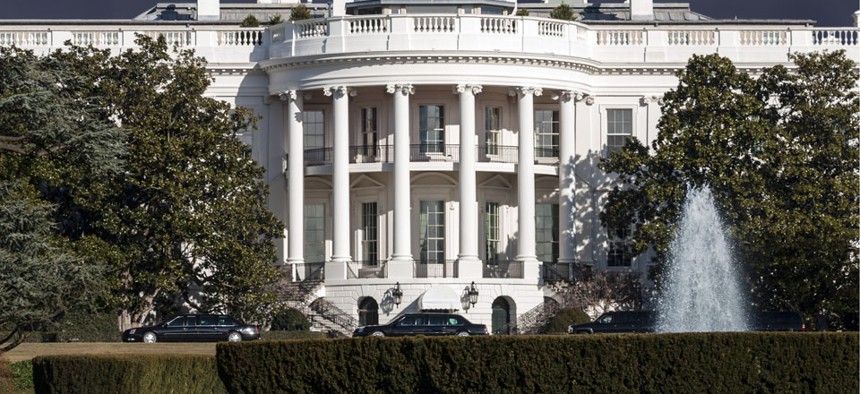White House Vastly Overstates Federal Transparency, Auditors Report

trekandshoot/Shutterstock.com
There's been little progress in declassifying benign national security records or using technology to facilitate the release of documents.
The U.S. has only completed half the commitments it made two years ago under an international government transparency agreement, an independent auditor found recently.
That’s in stark contrast to a March report in which White House officials claimed the government had completed 24 of its 26 original commitments to the Open Government Partnership.
The government has made minimal progress at declassifying benign national security records or using new technology to make it easier for people to request documents under the Freedom of Information Act, according to the independent assessment.
The White House claimed to have fulfilled both commitments, citing a presidential order to establish a National Declassification Center and several new websites that receive and manage FOIA requests. Those initiatives have largely failed, so far, to make government more transparent to citizens, according to the independent assessment.
The assessment was partly written by Elaine Kamarck, a former Clinton administration official and Harvard Kennedy School of Government lecturer with added assessments from U.S. government officials and watchdogs.
The White House was unable to comment on a draft version of the assessment because it was delivered during the partial government shutdown, the report states.
The U.S. was a founding member of the international Open Government Partnership in 2011. The OGP is a voluntary group of 60 nations committed to being more transparent. The independent reporting mechanism is a biannual review of how participating nations are faring on their commitments.
Other commitments the White House is behind schedule on fulfilling include being more open about its foreign aid spending, forcing more transparency on U.S.-based corporations and ensuring federal agencies are adhering to their own open government plans, according to the assessment.
The administration has fared better on commitments to improve protection for government whistleblowers and to better engage the public using digital technology using its We the People petition website and other tools.
There are two commitments the White House acknowledged not fulfilling in March. One was to “develop best practices and metrics for public participation” in government programs, which officials rolled in with a larger program known as the federal digital strategy.
The other was ExpertNet, an online community of academic and private sector experts organized to advise federal officials. The White House canceled that program, and most independent assessors agreed ExpertNet would not have added much transparency or public engagement, the report said.
The assessment also dinged the White House for not seeking enough public input in developing its commitments. The administration is now gathering input for a second round of commitments to the OGP.
(Image via trekandshoot/Shutterstock.com)






